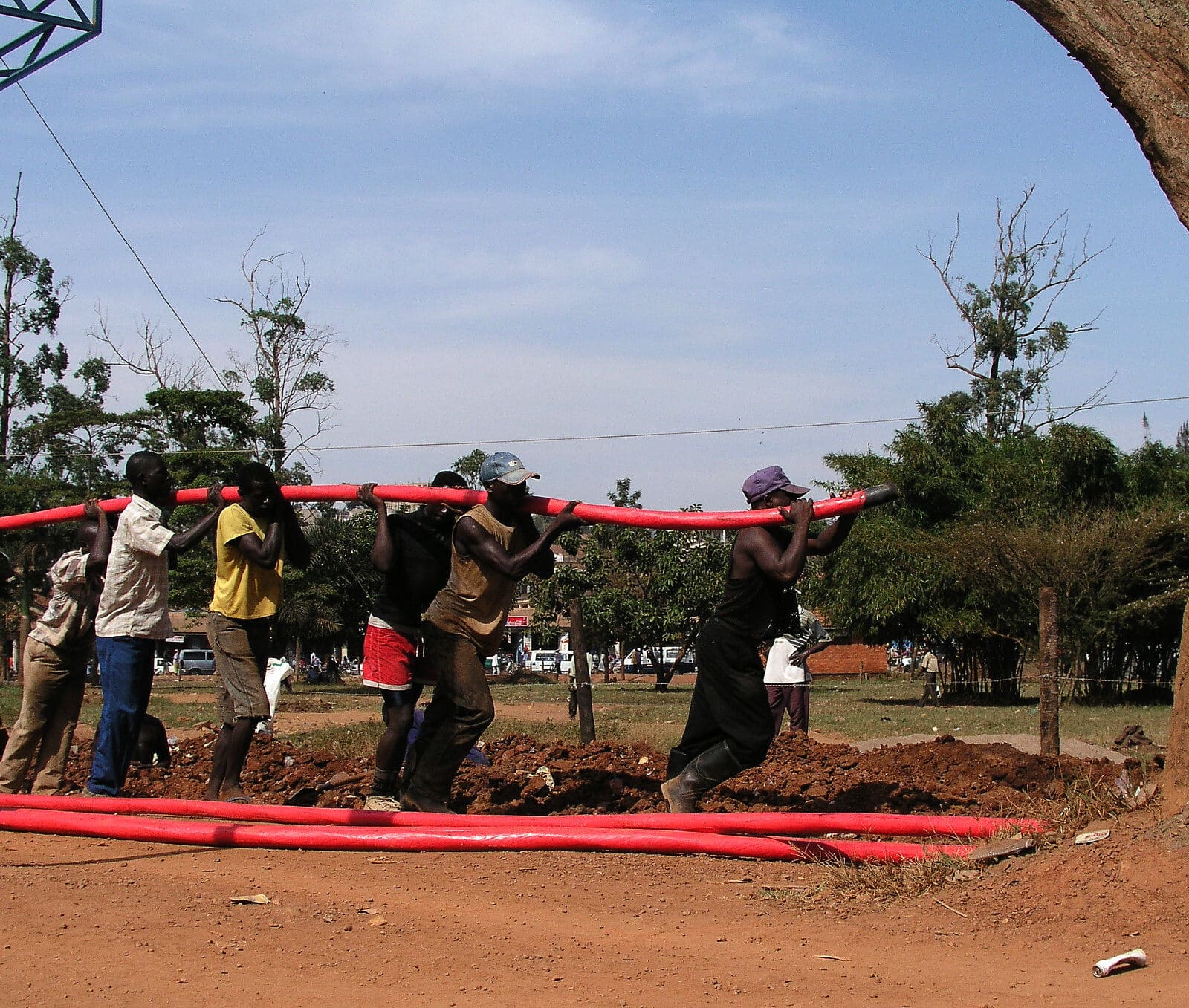About the research group
Many governments in Sub-Saharan Africa have established national social protection policies, partly due to evidence that social protection can contribute to inclusive growth and development. In 2010, the Government of Uganda established the Expanding Social Protection Program (ESP) to ensure that social protection becomes an element of national development planning. Consequently, the ESP instigated Social Assistance Grants for Empowerment (SAGE), but some stakeholders doubt that non-contributory schemes such as SAGE contribute to development of human capital. This study investigates the potential inclusive growth effects of social transfers by comparing the cost-effectiveness of the SAGE, Early Childhood Development Programme, Public Works Programme and the Food Assets Program in Uganda.
